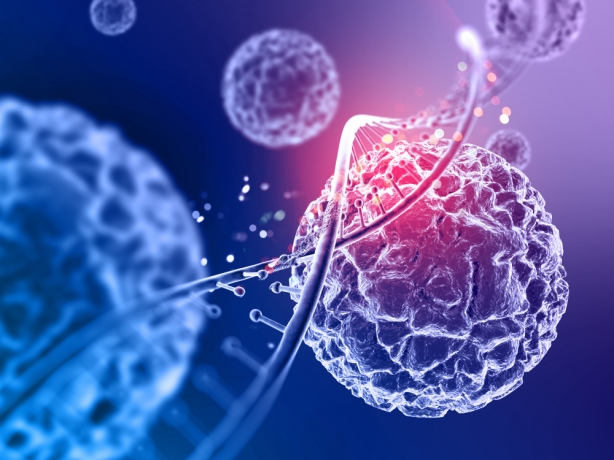Cancer is a devastating and tricky disease whose exact cause isn't always known. Those with known cancer risk factors may never develop cancer, whereas those with unknown risk factors can develop cancer.
Breast cancer is the most common type of cancer in women, while prostate cancer is the most common in men. Aside from that, lung cancer and skin are also pretty common in both genders. No matter what type of cancer it is, both known and unknown factors lead to its development.
Lifestyle Habits
Smoking/Tobacco Use
Most people are aware of the specific lifestyle habits that can contribute to cancer. The most well-known is smoking cigarettes, as tobacco use is the leading cause of lung cancer. Smoking and other uses of tobacco can also contribute to a variety of other types of cancer, including oral and esophageal cancers. Tobacco also increases the risk of asthma, pneumonia, emphysema, diabetes, heart disease, gum disease, and stroke.
Tanning
Another common behavior that contributes to this chronic illness is the use of tanning beds. Tanning beds can contribute to skin cancer just as much as sun exposure without sunscreen can. In fact, the risk of developing melanoma is increased by 75% when tanning beds are used before the age of 35. It’s also recommended that everyone of any skin tone wear at least an SPF 30 sunscreen daily, especially when out in the sun, and reapply every two hours.
Family History/Genetics
This can be both a known and an unknown factor that contributes to cancer. Many people know their family history when it comes to cancer and other diseases, but many people also aren’t aware of this— especially individuals who were adopted. Fortunately, genetic testing can help shed light on one’s risk of cancer by analyzing chromosomes, genes, and proteins in the body. Genetic testing can:
- Diagnose and determine the course of a disease
- Identify the carriers of a disease
- Predict the likelihood of developing a disease
About 5 to 20% of all cancers are hereditary, so even if you know if you have a family history of a specific type of cancer, it’s still a good idea to get genetic testing done. Fully knowing and understanding your family history can help you better understand your risk of developing cancer and if you can lower the risk. This knowledge can also help you take the proper measures (such as cancer screenings) to increase your chances of surviving cancer.
Environmental Factors
Asbestos
Certain chemicals and other volatile substances can also lead to the development of cancer. One of the most well-known substances that can lead to cancer is asbestos, which is found in old homes in the walls, ceilings, beams, and columns. Asbestos is known to cause mesothelioma lung cancer, and also cancer and other problems of the chest, heart, and abdomen.
Household/Industrial Products
A relatively unknown environmental element that can cause cancer can be found in various industrial and even household products. Herbicides are a classic example of this, with Roundup weed killer being a common household item and Paraquat being the most widely used industrial weed killer. Paraquat has been linked to Parkinson’s disease while Roundup has been linked to Non-Hodgkin’s lymphoma and other cancers. Lawsuits have been filed against both types of herbicides after many people have developed these diseases from using them.
Age
The final risk factor for developing cancer is aging. This is considered to be a known cancer risk because cells get damaged over time (as a part of the natural aging process), although this fact may be unknown to many people. Another reason that the risk of cancer increases with age can also be attributed to the fact that when we’re around longer, we’re more likely to come into contact with certain carcinogens, whether they’re in our environment or as a result of poor lifestyle choices.
The good news is that there are things that can be done to lower the risk of cancer, as well as the risk of developing other diseases. Start with your lifestyle: abstain from smoking, avoid tanning beds, and wear sunscreen daily. It’s also helpful to eat nutritiously and exercise regularly. Also, get frequent cancer screenings if you have a family history, and be careful when handling any type of chemical.
As mentioned earlier, some cancers in certain people have an unknown cause, whereas other cancers in other people have a clear cause. Because cancer can be unpredictable, not every person can prevent getting cancer, but you can lower your risk and improve your chances of survival.






